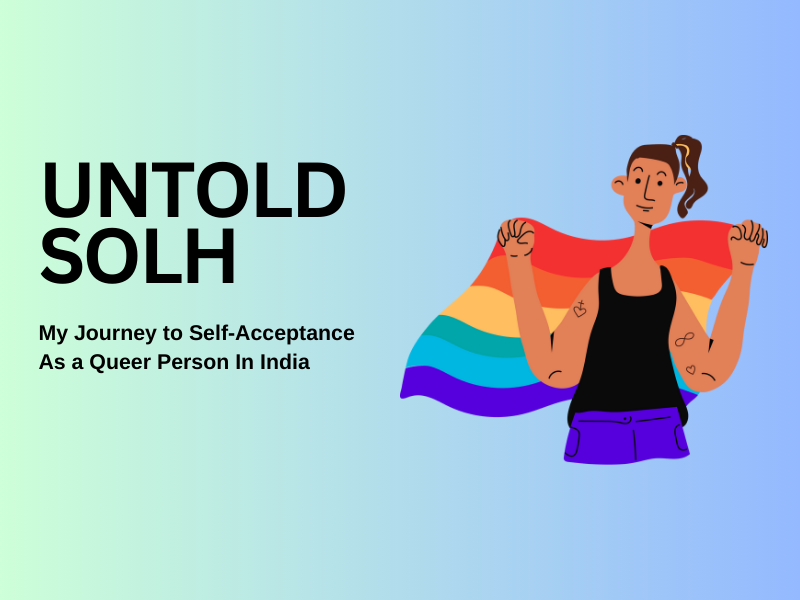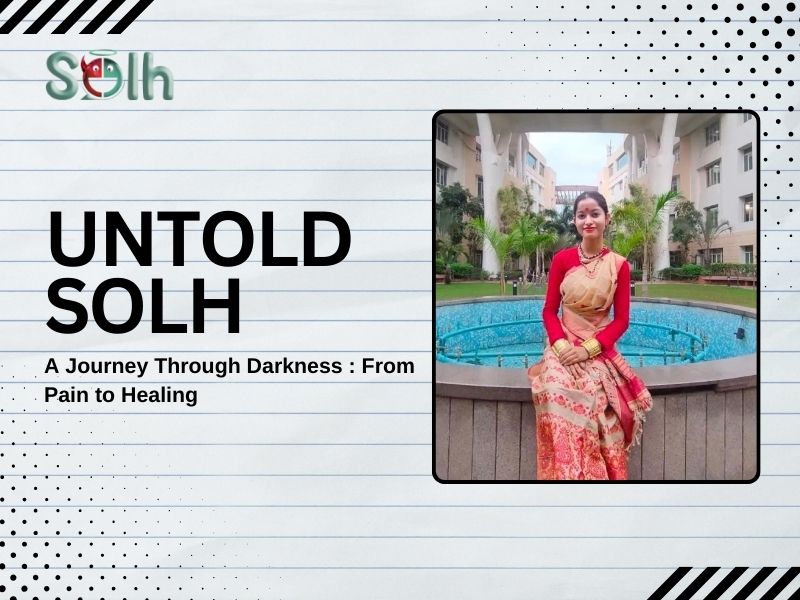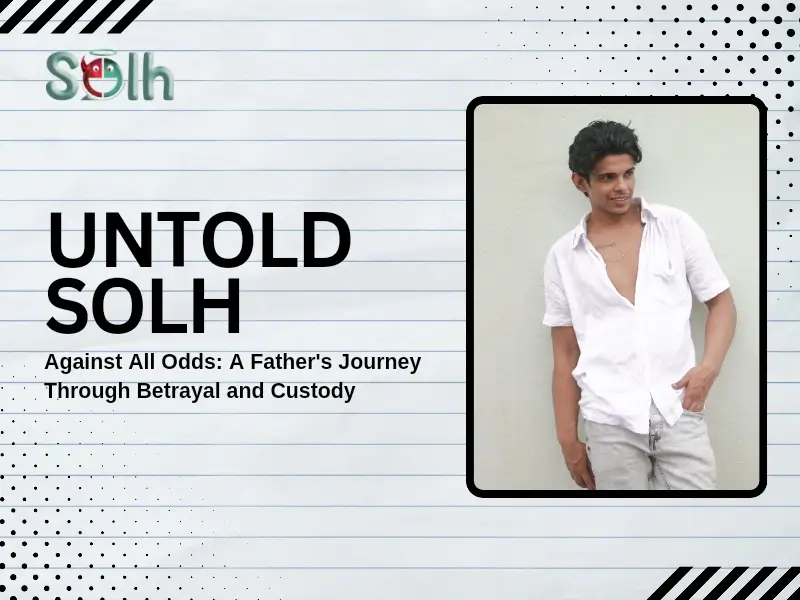No one is born into the world with any rules or prejudices. My earliest memories are filled with a sense of innocence and curiosity, unburdened by societal expectations. However, as I grew older, I began to realize that certain aspects of who I was didn’t fit the mold of what was considered “normal.”
I recall being around 4 years old when I had to go to a relative’s wedding. Excitedly, I told my mother that I wanted to wear a lehenga. She found it amusing and shared it with our relatives, and soon, this incident became a running joke at every family gathering. It was the earliest incident I remember where I was ridiculed for having feminine interests. Another time, when I was eight, my father slapped me hard because my cousin drew mehendi on my hand. “Never do that again,” was the explanation. I was too young to understand why it was wrong or why it upset him so much.
After my mother passed away, we moved to my grandparents’ house. Despite the challenges at home, I found solace in school. I was a popular kid, thriving in extracurricular activities – be it singing, hosting events, playing musical instruments, etc. I was always on the stage and really loved it. Everything seemed fine until the 10th grade.
In the 10th grade, a new boy joined our school. He was good-looking, and somehow, I found myself drawn to him. I wanted to be his friend, and we soon became inseparable. I drifted away from my other friends and spent all my time with him. In the 11th grade, we sat together, talked constantly, and even went to coaching classes together. We were like a unit, inseparable.
Our closeness didn't go unnoticed. People started gossiping, suggesting that something was going on between us. It wasn’t that they were wrong. We used to talk every night at 10 PM for an hour, and we even wrote I love you as ILU or 143 on each other's nails with a permanent marker. At the time, I wasn't aware of my sexuality, so I didn't realize that I had fallen in love with him. As I spent more time with him, I became more comfortable and true to myself, which included becoming more feminine. Everyone, including him, noticed this change.
Around this time, the word "gay" started gaining popularity, thanks to Karan Johar's film "Dostana." In Ghaziabad, where I’m from, people weren’t aware of these things, especially in 2011 when there was no mainstream discussion about it. As the word "gay" became more common, I began to hear it more often. People would hoot and bully me in the corridors and classrooms, even stopping me to ask, "Tu gay hai na?"
I had no answer because I felt that "gay" was a slur. The friend I loved saw that I was being bullied. One would expect that he would console me and be there for me, but instead, he started maintaining a distance. He thought that if people called me gay, they’d also call him gay.
This was a really difficult time for me. Not only was I getting bullied constantly, but I was also losing the love of my life. These things had a deep impact on me, and I fell into depression. I lost a lot of weight, and my complexion darkened. To make matters worse, I didn’t get along with my stepmother, who also bullied me. Once, in front of my two friends, my stepmother asked, "Kahi tu gay to nahi hai?" It was so hurtful.
To find a safe space, I went to my nani’s place. My nani is everything to me. Living there gave me the peace I was looking for. I found myself healing mentally, and my depression started to lift. I decided that I needed to take on a journey of self-acceptance. I began searching for people like me around me and online. I remember searching on Facebook for “male to male,” and to my surprise, I wasn’t alone! There were so many people like me. After that, I started accepting myself and never looked back. I also got my first boyfriend at the age of 17, but he married a girl after a year of our relationship.
Because of the bullying that happened at school, I was apprehensive about what could happen in college. However, in college, I was never bullied. My job also went smoothly without any major incidents.
I have also been a part of many queer social events. This started when I found the ‘Harmless Hugs’ group on Facebook and started attending their events. I met many different people, and after being associated with them for five years, I became the administrator. I hosted many events and, with the help of others, provided a safe space for many queer people.
I had to quit the admin role because of some personal reasons. However, the experience has given me a lifetime of learning and connected me to such a wonderful circle of queer people that have helped a lot, and I’m forever grateful to them.
While I had a very rocky start with my sexuality, I’m very comfortable with it now. I wear it on my sleeve. I’m out and extremely proud of myself. I’m thriving in my career as a product manager at a large MNC, and have a great support system from my family and friends. No one can bully me now!
To all my fellow queer individuals reading this, know that you are not alone. The journey to self-acceptance can be long and difficult. But remember, your identity is valid, and your experiences are real. Surround yourself with people who support and uplift you, seek out communities where you can be your true self, and never let anyone make you feel less than you are. Embrace who you are with pride and confidence, because you deserve love, respect, and happiness.
Satvik
Your Voice Matters:
If you wish to share your experiences, opinions, and stories or want your voice to be featured, we invite you to reach out to us at info@solhapp.com
UNTOLD SOLH is here to provide a platform where your voice can be heard, cherished, and celebrated. Together, let us continue to foster a world where diversity is embraced and every individual can live authentically and with pride.
Let's stand together, celebrate the diversity of our experiences, honor untold stories, and work towards a future where everyone is treated with dignity and respect.



